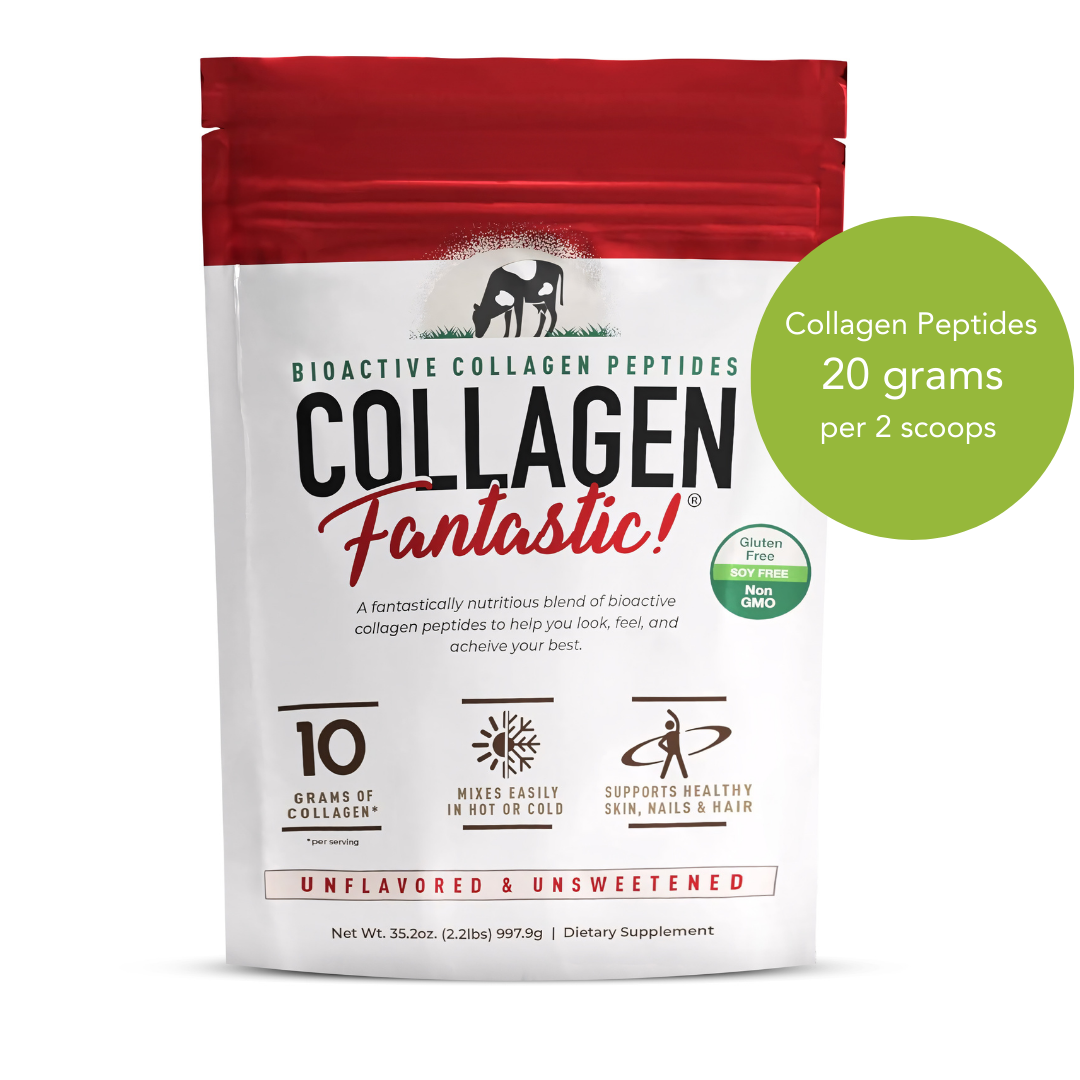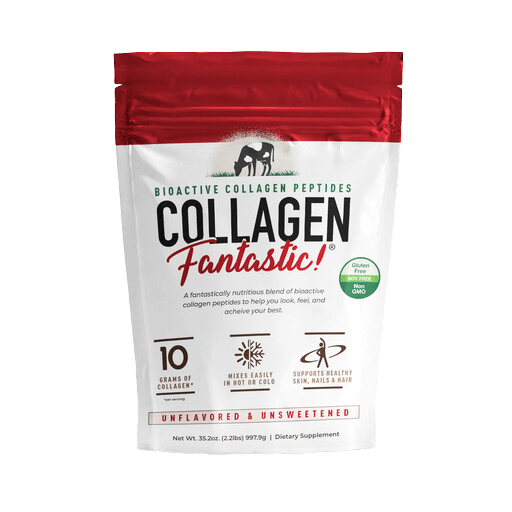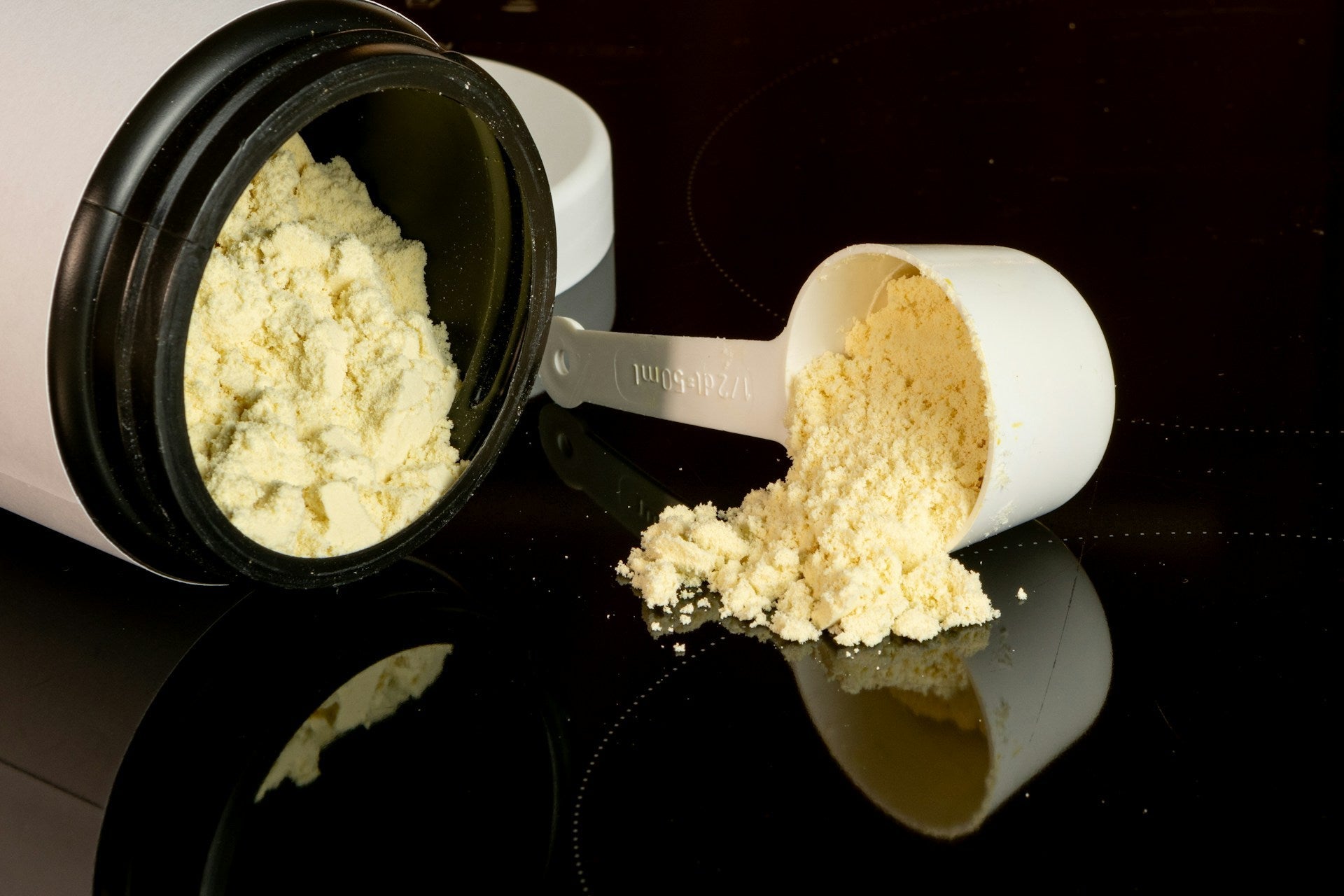Grass-fed protein powder has gained popularity for its clean ingredients and nutritional benefits. It's often seen as a healthier alternative for those seeking to enhance their fitness regimens. However, some people experience bloating when adding this supplement to their diet, and figuring out why this happens can be confusing. Is your go-to grass-fed protein powder the cause of your discomfort?
Bloating can disrupt your day-to-day life, making it crucial to understand its potential triggers. With protein powders, several factors might be at play, from ingredients to individual sensitivities. By examining how protein powders affect digestion, you can determine whether yours might be the culprit and find ways to enjoy its benefits without the unhappy side effects.
Common Causes of Bloating from Protein Powder
Bloating after using protein powder is not uncommon and might be linked to different causes. Here are a few key considerations that could help pinpoint the issue:
1. Lactose Intolerance: Many protein powders, especially those made from whey, contain lactose. If you're lactose intolerant, your body lacks the enzyme to break down lactose effectively, which can lead to gas and bloating.
2. Digestive Enzymes and Fiber: Certain protein powders are fortified with additives like fibers or digestive enzymes. While these are meant to aid digestion, they might have the opposite effect for some individuals, contributing to bloating if your digestive system isn’t used to processing them.
3. High Protein Intake: Consuming large amounts of protein can sometimes overwhelm your digestive system. If your body isn't accustomed to high protein levels, it can result in discomfort and bloating as your system struggles to break it down.
Figuring out what specifically causes bloating can often require some experimentation. Pay attention to how your body responds to different products and consider eliminating potential triggers one by one. By taking a closer look at their ingredients and understanding your body’s unique responses, you can navigate through different options to find a more comfortable solution.
Benefits of Grass-Fed Protein Powder
Choosing grass-fed protein powder offers a host of perks that can make a big difference in your nutrition journey. For starters, these powders are generally free from hormones and antibiotics. This means you’re putting something cleaner into your body, which could positively impact your overall well-being. Grass-fed options also tend to have a richer nutrient profile. They contain more beneficial omega-3 fatty acids and higher concentrations of essential amino acids. These elements are crucial for repair and growth, especially when you're exercising regularly.
Because grass-fed cows feed on natural grass, as opposed to grain, the nutritional quality of their products can be notably better. This translates to improved protein quality in the powders produced. Plus, they align well with organic and natural food choices, making them an excellent match for those prioritizing clean eating. All this combined means grass-fed protein powder could be a smart choice if you're seeking to enhance your diet without unwanted additives.
Identifying and Addressing Bloating Issues
Once you’ve pinpointed that your grass-fed protein powder might be causing bloating, tackling the issue becomes the next step. Here are some strategies to help clear up the confusion and find your comfort zone:
- Introduce change slowly. Start with smaller amounts of protein powder and gradually build up to your desired intake, allowing your digestive system time to adjust.
- Test different types. Experiment by switching between various brands or varieties of protein powders. Some formulations might suit your digestion better than others.
- Consider enzyme supplements. If your body struggles with breaking down certain ingredients, enzyme supplements might offer support, although you should confirm this with a healthcare provider.
These simple actions can often alleviate bloating and help you get back to feeling your best.
Choosing the Best Grass-Fed Protein Powder
With a myriad of grass-fed protein powders available, picking the right one might feel overwhelming. Focus on a few guiding principles to make your choice easier:
- Ingredient Purity: Opt for products with a short and recognizable ingredient list. Avoid unnecessary additives and fillers that might upset your stomach.
- Third-Party Testing: Products that undergo independent testing can provide extra peace of mind regarding quality and purity.
- Suitability to Your Needs: Consider specific needs such as flavor preference or allergen concerns. Many brands offer options that cater to different dietary requirements.
Choosing a grass-fed protein powder with these aspects in mind can help sidestep bloating issues and improve your overall experience.
Final Thoughts on Grass-Fed Protein Powder and Bloating
Incorporating grass-fed protein powder into your routine offers numerous nutritional benefits. However, it's important to ensure that it's the right fit for your body, particularly when it comes to digestive comfort. By understanding how different factors affect your digestion, you can make informed decisions that align with your health and fitness goals.
Monitoring how your body reacts over time and adjusting accordingly will greatly enhance your experience. Choosing a high-quality, grass-fed protein powder can offer you the best chance to reap its rewards without the downsides, thus supporting a balanced, nutritious diet.
Exploring dietary choices that align with your health goals can make all the difference, especially when managing discomforts like bloating. If you're ready to find the best grass-fed protein powder that offers high quality and minimizes digestive issues, take a look at the options available from Fantastic Nutrition. Their range of products helps ensure you get the right blend for your unique needs.











